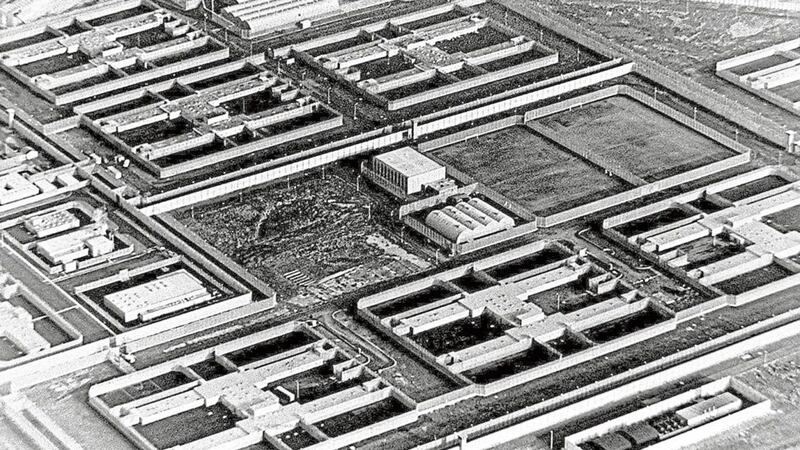Lying in bed in a cell in the prison hospital, clearly weak from the effects of the hunger strike, Tom McElwee told his mother, sister and me that he was not going back ‘there’ unless he had the five demands.
‘There’ was the H-Block he had left, where he had spent years of privation covered only in a blanket.
He said he had made a promise to the men, as he was leaving the wing, that he would not be back unless he had political status.
There was something in the way Tom said ‘there’ that struck me as I watched him speaking with his mother and sister.
When he said ‘there’ he was speaking about the horrendous conditions the prisoners in the H-Blocks and Armagh Women’s Prison were being held in as they protested for political status.
I was thinking about Tom’s word ‘there’ as I read through a specially commissioned report by Coiste na n-Iarchimi, the former political prisoner organisation, entitled ‘Report of the Independent Panel of Inquiry into the Circumstances of the H-Blocks and Armagh Prison Protests 1976-1981’.
About the treatment of women political prisoners in Armagh Women’s Prison the recent report said: ‘There is overwhelming evidence that women prisoners endured torture, inhuman and degrading treatment administered by prison guards’.
The report continued: ‘Women were particularly vulnerable to abuse because of menstruation and sanitary requirements; sanitary wear was rationed, its provision used to embarrass and degrade women, thus constituting a powerful instrument of control particularly in the presence of male guards’.
They lived in filth and squalor in solitary confinement, constantly insulted and threatened with violence. The women felt ‘mentally tortured’.
On one occasion a woman in labour gave birth handcuffed to the bed while male warders and RUC men remained in the delivery room.
Powerful cold-water hoses were used on the women in their cells; toxic cleaning fluids used by warders made breathing more difficult for the women as they huddled in freezing cells.
They were regularly strip-searched in front of male guards – the intention to humiliate and degrade them.
But, of course, it did not work. The women’s spirit was unbroken.
Three women joined the first hunger strike on Dec 1, 1980 until it ended on December 18.
The 40th anniversary of the first hunger strike takes place on October 27.
‘There’ in terms of the conditions in the H-Blocks meant: overtly sectarian violence by intoxicated warders (there was a bar on site); degrading mirror searches with prisoners held naked and spread-eagled above a mirror; intrusive body-cavity searches across a table; sleep deprivation; denial of medical services; beatings by guards using fists, boots and batons; contamination of food and water with faeces, urine and maggots; starvation punishment diets; two men confined to a cell permanently.
The panel found the protesting prisoners were subjected to torture, inhuman and degrading treatment.
The panel concluded that the ultimate legal and moral responsibility for this brutal prison regime rests on the British prime minster, Margaret Thatcher, senior cabinet ministers who knew and approved and the prison governors who also knew and approved.
The panel was established by Coiste na n-Iarchimi and Padraig Ó Muiri Solicitors. It was chaired by the late Warren Allmand, former Solicitor General for Canada and a human rights expert; barrister Richard Harvey and retired medical doctor John Burton.
Commenting on the report, former political prisoner Seanna Walsh said: “The story of the suffering and hardship which led to the tragedy of ten men dying on hunger strike is not so well known. This report honours all who survived and endured”.
The panel tested its findings against all of the international human rights treaties the British government are signatories of. It fundamentally breached every treaty.
The title of the inquiry ‘I am Sir, You are a Number’ is borrowed from Bobby Sands’ short story ‘I am Sir, You are 1066’.
The report quotes Nelson Mandela’s prison experience which explains the title, ‘prison regimes try to stamp out that spark that makes each of us human and each of us who we are’.
It did not stamp out Mandela’s spark nor the spark of the women and men who endured five years of cold, heartless cruelty and left this powerful testimony of what members of the nationalist community endured.








